A Fundraiser for Gaza Hopes to Wake Up the Coffee Industry
For 18 months, the coffee industry has remained mostly silent about the ongoing destruction of Gaza. A new fundraiser hopes to raise money—and jolt the industry awake.

A diner mug rests on a newspaper atop a wooden table.
It’s the weekend once again, which means it’s time for another Coffee News Roundup. Yeah that’s all I’ve got. Let’s look at the news.
Last week, the coffee industry in Central America was still recovering from the devastation of Hurricane Eta. Heavy rains and landslides caused the deaths of nearly 200 people, as well as potentially billions in damage that is still being assessed.
Then this week another hurricane, the Category 5 Iota, hit. According to the Washington Post, Iota “killed at least 16 people in Nicaragua and a dozen or more in Honduras,” and Sprudge reports that many coffee farms have been affected.
Even Colombia, although not in the direct path of the hurricane, has been impacted, with flooding overwhelming coffee farms in the Urrao region of Antioquia. Bloomberg reports that the two storms will cause coffee prices to rise as producers and exporters in Central America struggle to deal with the aftermath.
Although parts of Colombia were impacted by Hurricane Iota, it seems like in general things are looking more positive for the country’s coffee sector as a whole. At least in the short term.
This article reports that, due to favorable weather and higher than expected yields, the internal coffee price has increased: “There are big expectations across the Colombian industry that this harvest has the potential to be one of the most profitable in years.”
This positive news has served to ease worries among producers that COVID-19 could hinder the harvest; although the article does note that the major impact is mostly on labor, it doesn’t grapple with the fact that the majority of harvest labor comes from poor and migrant workers who are most at risk from the pandemic.
Quality Soars At 2020 Brazil Cup Of Excellence Coffee Competition
The SCA Announces Two Big Research Projects From The Coffee Science Foundation
Workers hoping to unionize the Twin Cities-based specialty chain Spyhouse Coffee narrowly failed in their attempts this week, losing a vote 11-14. Representatives of the would-be union told the Minnesota Reformer that anti-union messaging and the demoralization of workers led to many quitting, with the new hires more susceptible to the company’s pressure.
In a Twitter thread, the pro-union group said that “As new hires were brought on, the company began a hideous smear campaign in attempts to paint the remaining pro-union folks as a small group of fringe troublemakers and agitators.”
After the vote, Spyhouse leadership announced to employees that “they would begin providing hazard pay through the end of the year and bonus pay for working on Thanksgiving and Christmas Eve,” according to the Minnesota Reformer.
A couple of stories to report this week, including news that Nestlé and Jacobs Douwe Egberts are part of a coffee pod recycling scheme in the UK as “part of [the] sector’s move to reduce environmental impact”. Of course.
Then there’s this story from Bean Scene Magazine in Australia about how the World Resources Institute’s (WRI) Coastal Resilience Practice has published the results of two years’ worth of research looking at how coffee farmers in Costa Rica can “adapt to climate change.”
“WRI identified six key adaptation solutions it says can help boost climate resilience for Costa Rica’s coffee sector,” the article states.
Climate resilience. Adaptation solutions.
Let’s just go quickly look at WRI’s funding sources, shall we? Oh, there’s the Shell Foundation. Cargill, Incorporated. The Rockefeller Foundation. Shell again. Coca-Cola. It goes on.
But sure, tell poor farmers in Costa Rica how they can “adapt” to the climate crisis caused in no small part by the companies that fund the your research.
Maybe not if you drink it out of a paper to-go cup.
A new study published in the scary-sounding Journal of Hazardous Materials showed that paper cups with plastic lining (you know, most takeaway coffee cups) can leach microplastics into the liquid they hold. Which is bad.
The researchers found that “25,000 micron-sized microplastic particles are released into 100 mL of hot liquid (85 to 90ºC) residing in the paper cups for 15 minutes. Thus, an average person drinking three regular cups of tea or coffee daily, in a paper cup, would be ingesting 75,000 tiny microplastic particles.”
That. . . doesn’t sound good. Yet another reason to always remember your reusable cup.
Having finished off the first bag, a blend, I’m now working on Vagrant Coffee’s single origin Peru Cenfrocafe. It’s pretty good, I must say.
(You can see why I don’t do coffee reviews any more.)
How Online Coffee Events Have Affected The Industry by Tigger Chaturabul
Until next week, drink good coffee. Wear your mask. Wash your hands.
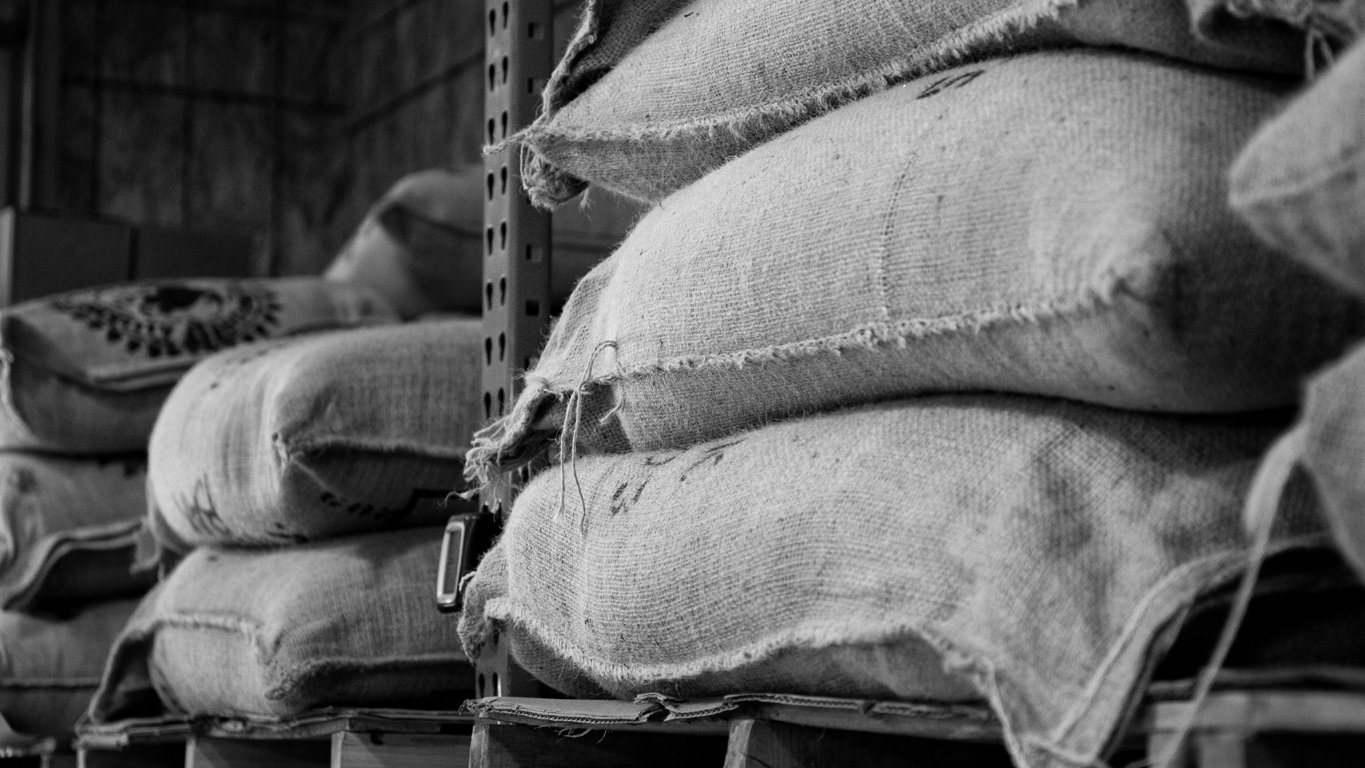
Nov 24, 2023 Connecting the Dots: Inside the 2023 Coffee Barometer Nov 24, 2023 Nov 24, 2023
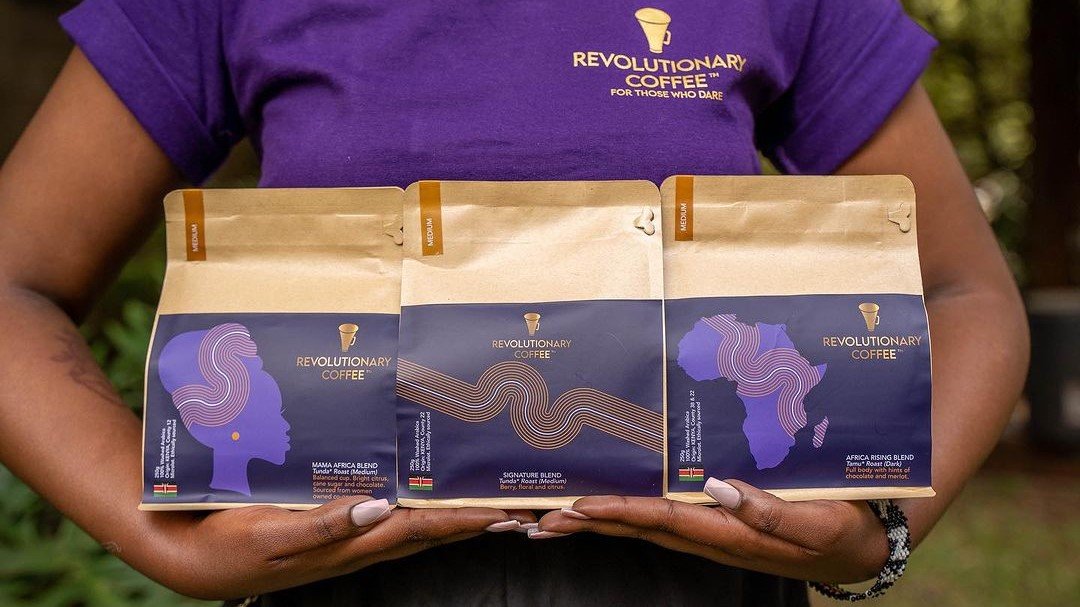
Oct 21, 2023 'Specialty Coffee Should be Enjoyed by Those Who Grow It': The Farmer's Daughter Joining Kenya's Coffee-drinking Revolution Oct 21, 2023 Oct 21, 2023
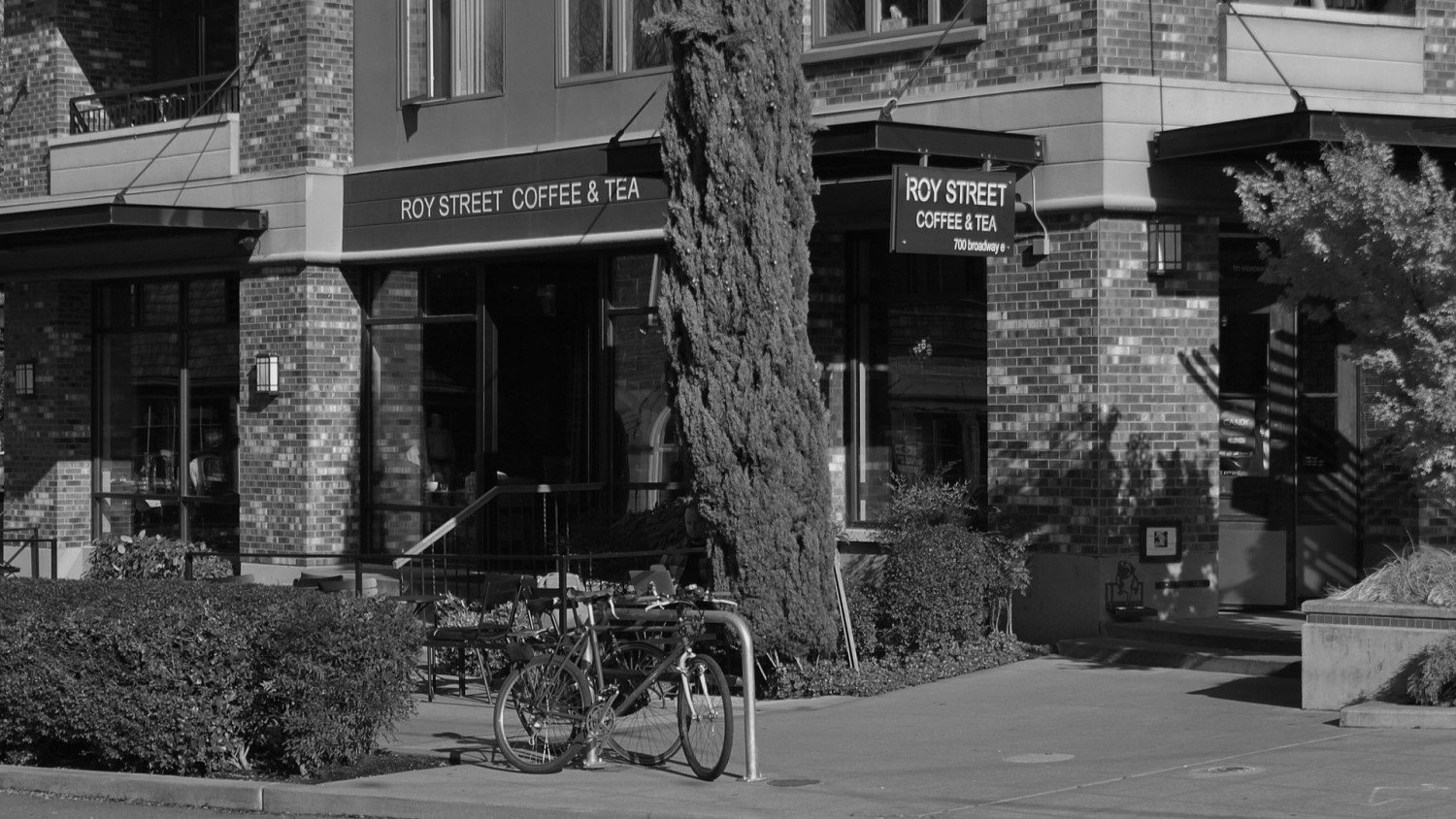
Oct 6, 2023 Stealth Starbucks: A Premonition of Modern Specialty Coffee Oct 6, 2023 Oct 6, 2023
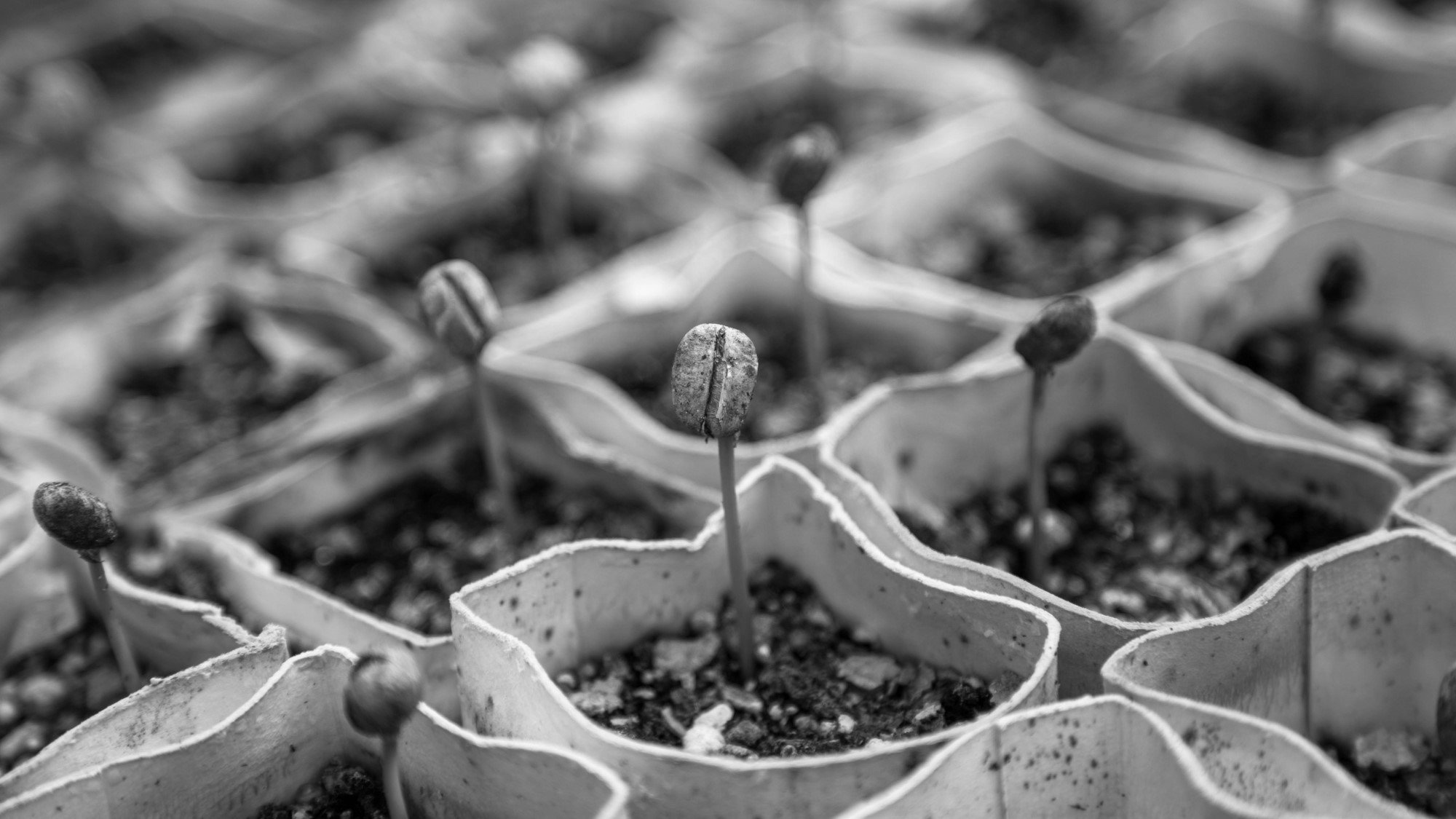
Sep 22, 2023 Can the Coffee Change Fund Save Coffee? Sep 22, 2023 Sep 22, 2023
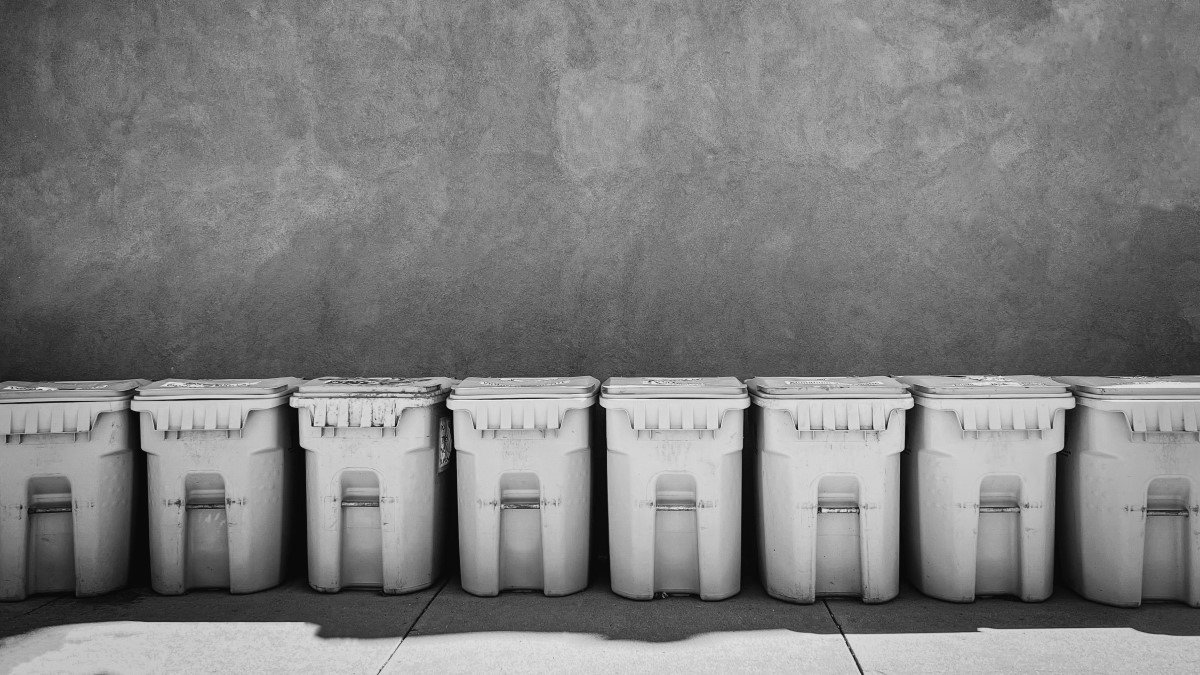
Sep 8, 2023 Upcycled Coffeewashing Sep 8, 2023 Sep 8, 2023
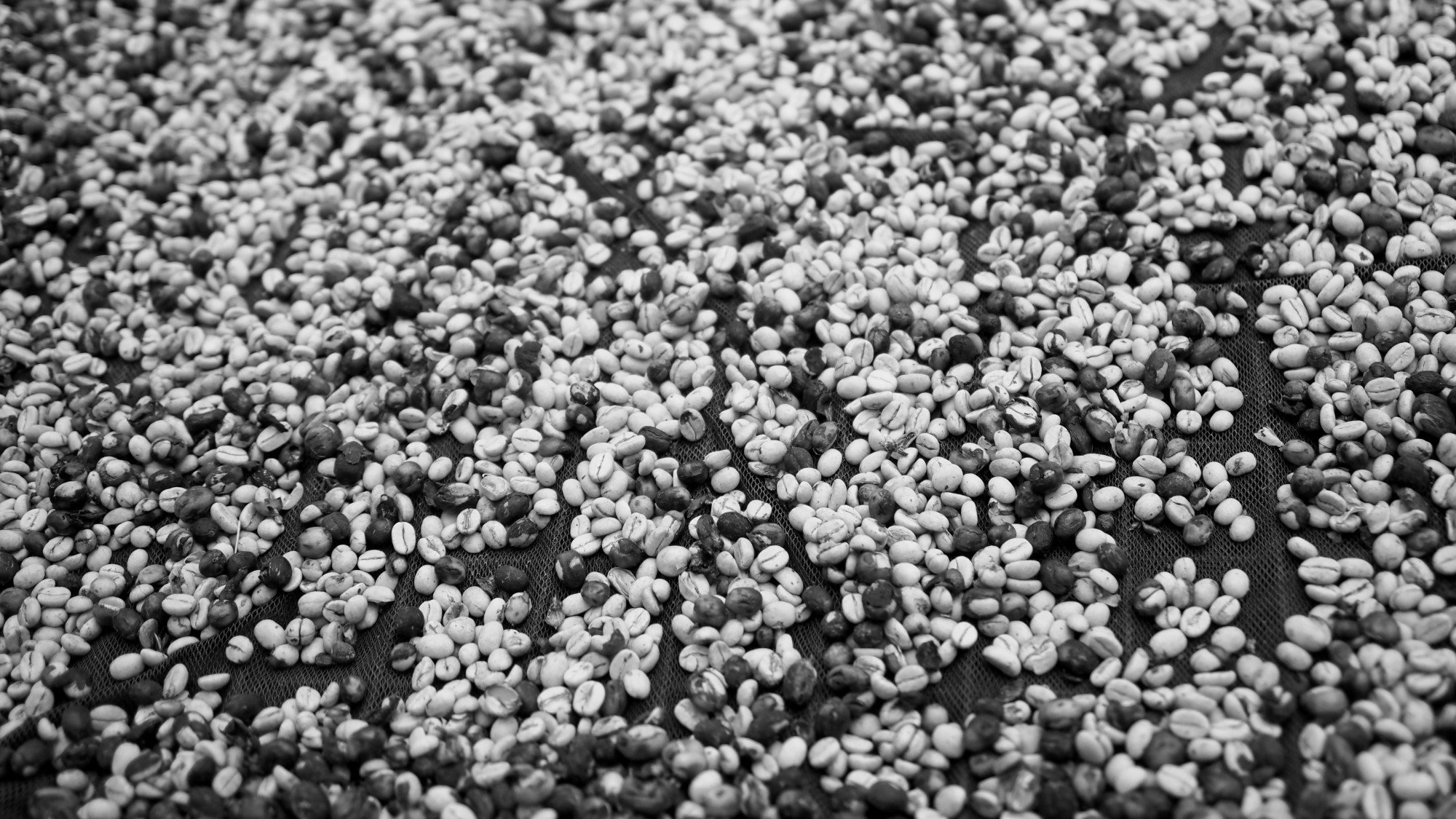
Aug 25, 2023 From A Concerned Farmer Aug 25, 2023 Aug 25, 2023

Aug 11, 2023 Philly is a (Coffee) Union Town Aug 11, 2023 Aug 11, 2023

Jul 28, 2023 South Korea's Coffee Wars Jul 28, 2023 Jul 28, 2023

Jul 14, 2023 Camp Coffee, Colonialism, and the Evolution of a Brand Jul 14, 2023 Jul 14, 2023
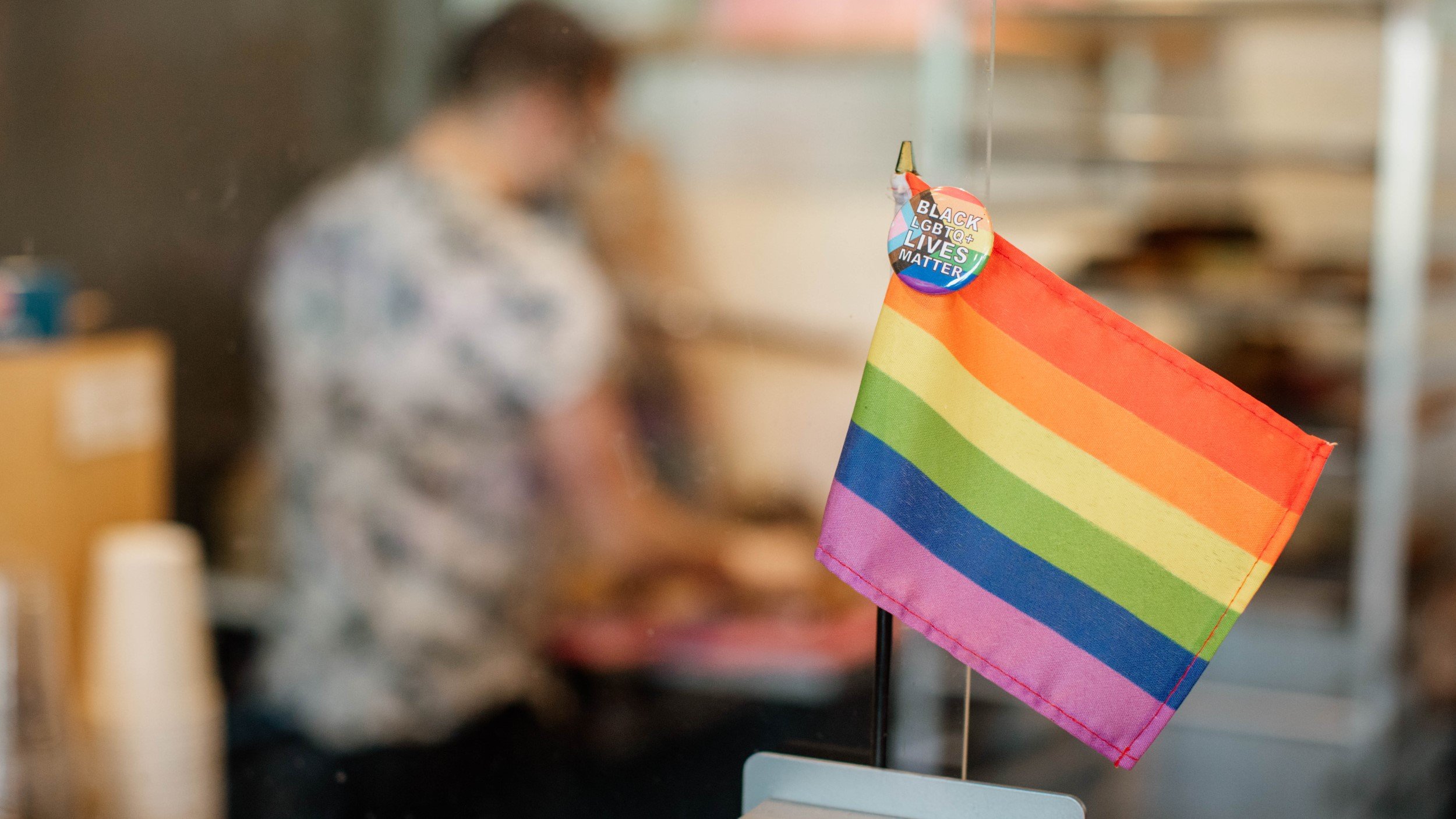
Jun 30, 2023 Defiance and Gay Frog Donuts: How Strange Matter Coffee is Navigating the Anti-LGBTQ+ Backlash Jun 30, 2023 Jun 30, 2023
A newsletter about coffee—its culture, politics, and how it connects to the wider world.